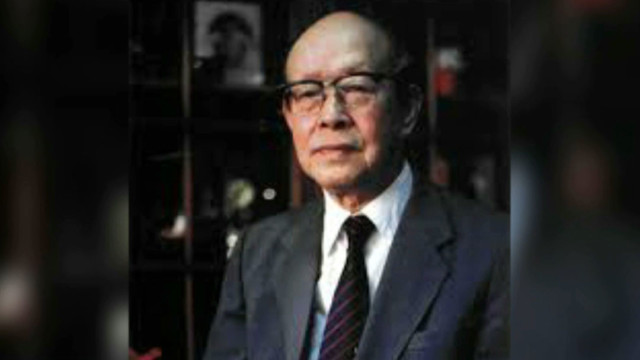If you say Beijing rather than Peking—and most of the world does – then you can thank Zhou Youguang. The amateur linguist, who developed the “pin-yin” alphabetic writing system for Mandarin, has died, at the age of 111.
CGTN’s John Metherell reports.

Youguang made Chinese easier to learn for millions of foreigners – and hundreds of millions of his countrymen. He began his working life as an economist, as linguistics was just a hobby.
He spent three years on Wall Street representing a Chinese bank, but returned home in 1949 when the People’s Republic was established, and taught at a university in Shanghai.
In the 1950s, the government put him in charge of a committee to create a better system to alphabetize Mandarin characters. The old Wade-Giles system gave us Peking for Beijing, Chungking for Chongqing, and Mao Tze-tung for Mao Zedong.
It had the added disadvantage of being created by foreigners. Zhou’s committee finished its work on the system known as “pinyin” in 1958. Back then, about 85-percent of Chinese were illiterate. Today, hardly anyone is.
Children learn “pinyin” before they learn Mandarin characters.
Chinese tapping away on their smartphones can thank Zhou Youguang for making text messaging a snap. Zhou’s “pinyin” system is making it easier for tens of millions of foreigners to pick up the language.
He translated the Encyclopedia Britannica into Chinese – earning the nickname “Encyclopedia Zhou.” And he kept writing about language and history even after passing the century mark.
Zhou Youguang died Saturday in Beijing, one day after his 111th birthday.
 CGTN America
CGTN America If you say Beijing rather than Peking—and most of the world does – then you can thank Zhou Youguang.
If you say Beijing rather than Peking—and most of the world does – then you can thank Zhou Youguang.
